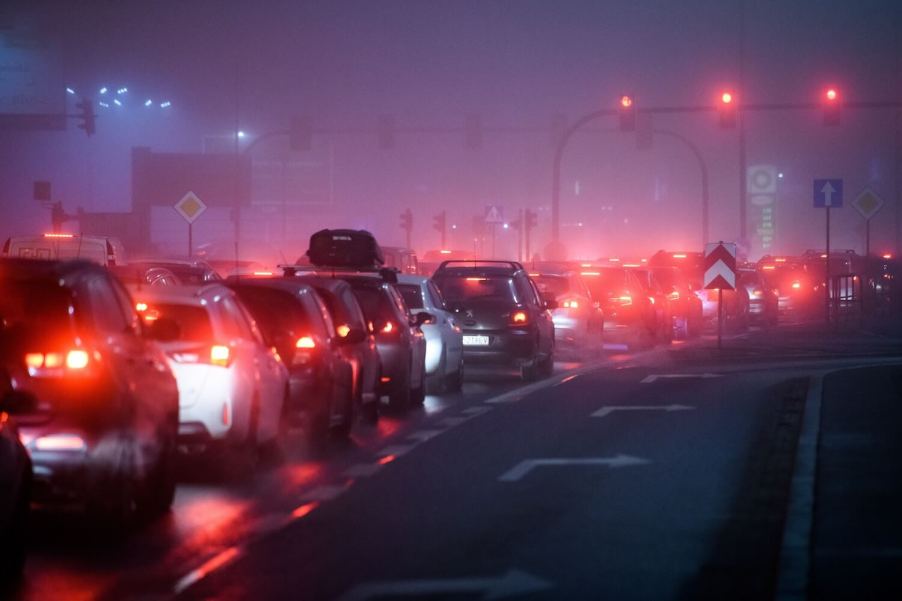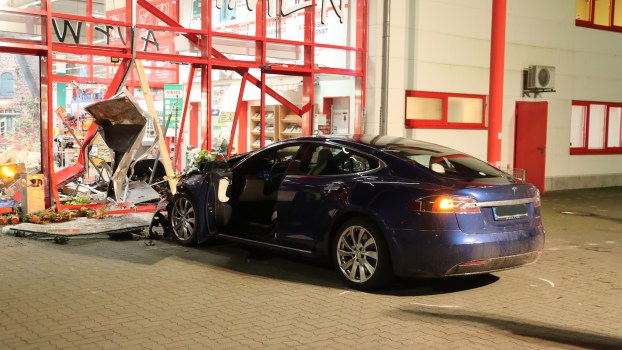
Will Self-Driving Cars Slow City Traffic to a Standstill?
The automation revolution is underway, with multiple automakers pursuing fully autonomous vehicles. But experts warn that swarms of self-driving cars searching for cheap parking could slow traffic in some cities to just two mph unless lawmakers put preventative policies in place to regulate self-parking cars.
Self-parking cars will transform cities

Imagine this: You drive to a massive concert in a major city. When you arrive, you get out of your car, press a button on your key fob, and it drives out of town to park itself. This technology could eliminate parking congestion caused by even the largest events.
Self-parking cars will also be able to use space more efficiently. They can park too close together to open their doors. They can also double-park and then send a signal to the car parking them in when they need to get out. As a result, we may be able to fit 89% more self-parking cars in a given lot than traditional cars.
Self-parking cars promise to transform how we travel and use space in our cities. But there is one potential downside. Swarms of unregulated self-parking cars may slow traffic to a standstill.
The self-parking equation is flawed

Let’s say you get out of your Tesla in downtown San Francisco and activate auto parking mode. The car then begins to circle the block looking for parking. It communicates with the parking payment app to find empty spaces and learn how much those spaces cost. Sounds good? A critical flaw in this self-parking equation may leave your Model S circling the block indefinitely.
A recent study called “The autonomous vehicle parking problem,” published in Transport Policy (read it on Science Direct), argues that self-parking cars may cause a major problem. That is because current parking algorithms direct cars to find the cheapest parking solution. But a modern EV can cruise along for just 29 to 50 cents every hour. That includes the cost of both electricity and maintenance.
In certain towns, you may be able to find parking for under 50 cents per hour. But parking costs much more in a major city, especially with the meters charging surge prices during an event. An unregulated self-parking vehicle would turn down every open space, choosing to keep looking instead. This could leave it cruising for parking indefinitely.
The study went a step further. It calculated that just 2,000 empty cars, cruising for parking in downtown San Francisco could slow all traffic to two mph.
The solution for the self-driving car traffic problem

If we allow self-driving cars always to select the cheapest parking option, some may choose to cruise around indefinitely instead of paying for parking. Cities will have to impose some form of control.
One option is to ticket self-driving cars for cruising for too long. But choosing who to fine could be problematic. For example, if a self-driving car in taxi mode is cruising around, waiting for a ride request, it is hardly fair to give its owner a ticket.
A second option would be charging vehicle owners for entering or staying in an especially congested area of a city. This way, a self-driving car would be financially rewarded for getting out of the gridlock and finding cheap parking, even if it must drive further to do so.
Next, find out 3 potential downsides to self-driving cars or learn more about how driverless cars may change cities in the video below:






